
Recommendation
Managing, believes scholar Henry Mintzberg, must include leading, but the two are not the same. To study which skills are essential to good management, Mintzberg spent an entire day one-on-one with 29 managers from different kinds of organizations and from different sectors – including banking, retail, filmmaking, government, nonprofits and healthcare. Mintzberg looked at managers who worked in the executive suites as well as on the front lines. He learned that although managers differ considerably in their activities, the skills they need are surprisingly similar. Although quite general and not entirely new, getAbstract recommends this comprehensive guide to managers, executive placement experts, consultants, students and others who wish to get back to basics and to develop the traits essential to becoming an effective, able manager.
Summary
About the Author
Henry Mintzberg teaches management studies at McGill University in Montreal. The author of 15 books, Mintzberg has won awards from the Harvard Business Review, the Association of Management Consulting Firms and others.













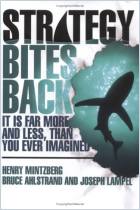
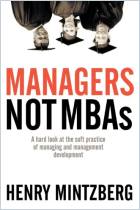
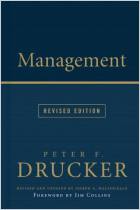
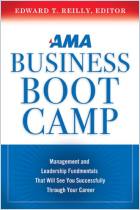


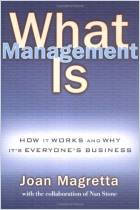
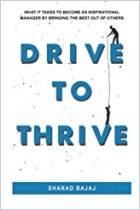



Comment on this summary